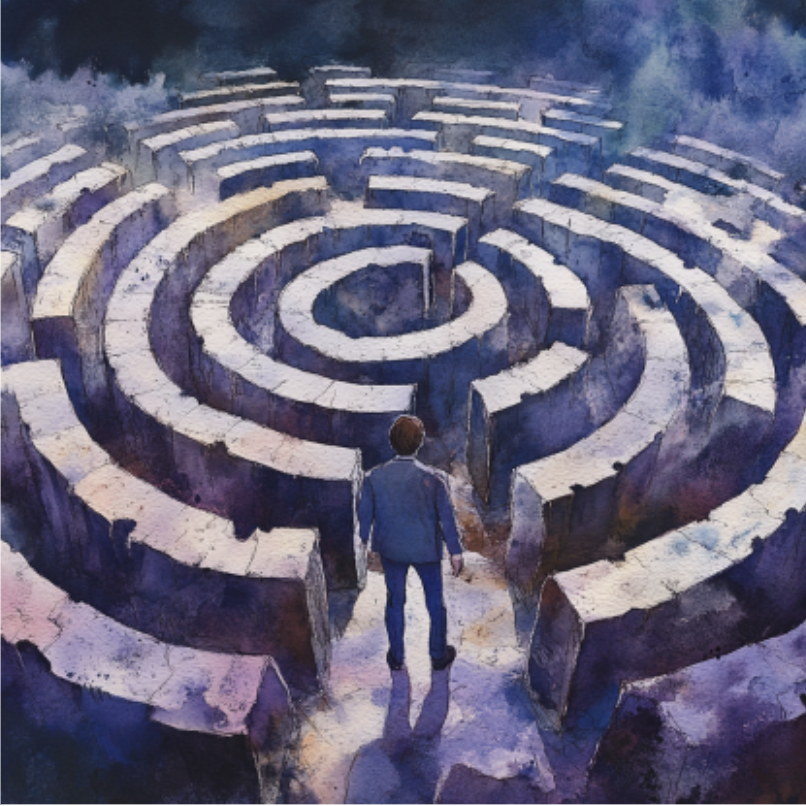All About OCD
Learn about OCD
Obsessive-compulsive disorder (OCD) a condition that affects about 1 in 40 adults, which is approximately 8.2 million adults in the United States or close to the number of people living in New York City. When someone has OCD, they may have repeated distressing thoughts, which are known as “obsessions”. They may also feel that they need to follow certain habits to suppress the distressing thoughts, which are called “compulsions”. Although everyone has distressing thoughts, or specific rituals that they follow from time to time, someone with OCD is significantly impacted by the obsessions and compulsions as they are time consuming and disrupting to daily life.
Someone with OCD may have obsessions, compulsions, or both. Obsessions are thoughts, urges, or images that the person can not control. People with OCD may feel very confused and ashamed about these obsessions as they are often not in alignment with who the person truly is and are often not logical. For example these thoughts might be about germ or chemical contamination, about performing perfectly, or about inadvertently harming someone. Compulsions are acts, behaviors, or “rules” that the person feels they must follow in order to alleviate the distress of the obsessions. This might include excessive handwashing, counting, arranging things in a certain way, or checking something multiple times.
While everyone’s symptoms are a little different, and we aren’t sure what causes OCD exactly, there is effective treatment for OCD. Someone who is suffering with OCD might be treated with therapy, medication, or a combination of both. Typically, OCD is treated with a specialized therapy called Exposure Response Prevention. In terms of medication, OCD is typically treated with a selective serotonin reuptake inhibitor (SSRI).
If you would like to learn more about OCD, you might want to check out the OCD Stories Podcast where you can hear real stories of recovery, as well as expert opinions. You might also be interested in this recommended Mindfulness Workbook for OCD.
If you suspect that you or someone you know might have OCD, this is a great time to seek professional help so that you can live your life without the distressing symptoms of OCD.


